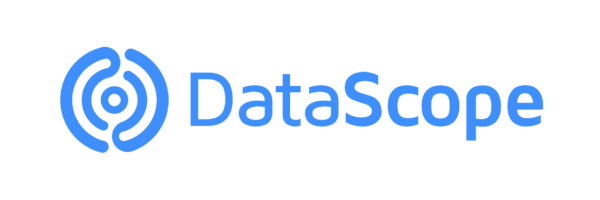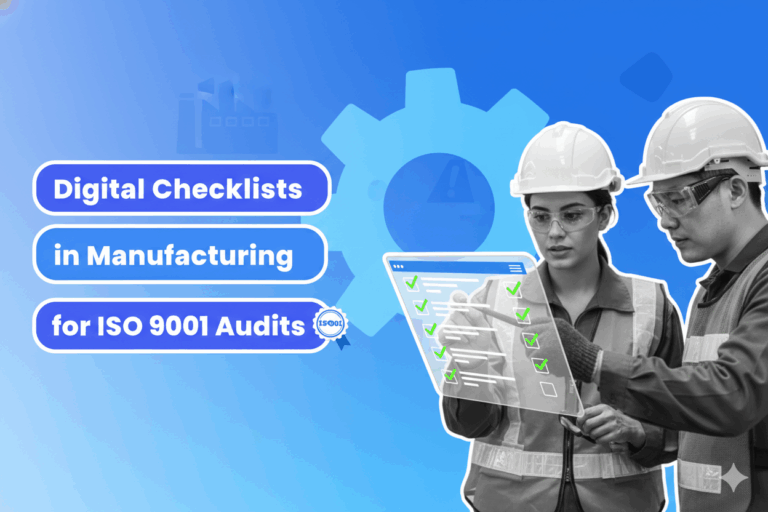Preventive maintenance is essential to avoid larger, costly fixes down the line. A preventive maintenance plan can save a company money because it will managers and staff to focus on preventing equipment failure rather than reacting in case of emergencies.
Preventive maintenance checklists can help you to monitor your assets based on maintenance goals, expected needs and past performance.
A preventive maintenance plan might include the following aspects.
-
Maintenance scheduling
In general, equipment comes with recommended maintenance tasks and the frequencies at which those tasks should be completed. That is why when you get a new piece of equipment, you should schedule a maintenance routine. An improved maintenance schedule ensures that all pieces of equipment are checked at an appropriate frequency in order to reduce the amount of downtime needed for maintenance.
-
Process monitoring
Process monitoring is essential for process to optimize process performance and gain efficiency. Equipment monitoring devices help users to be aware of the status of their equipment so they can act promptly at the first sign of device failure or deficient performance.
-
Adjust components systematically
Regular checks and inspections can extend the lifespan of any equipment. That is why it’s so important to regularly inspect, lubricate, and align components with moving parts. Ideally, all equipment operators should be trained in adequate equipment use and maintenance and also in visual equipment inspection. In addition, it is recommended to have equipment checked by a Field Service professional on a yearly basis to ensure that any issues have not been unnoticed.
Why preventive maintenance checklists are necessary?
A checklist is a list of items you need to verify or check or inspect. They are used in a variety of fields from construction to health service. A preventive maintenance checklist helps to identify maintenance actions on equipment to maintain it in good conditions and to improve plant reliability.
How can you create an effective preventive maintenance checklist?
-
Assess your environment
The initial step is to understand your environment. Use the “SWOT” (Strengths, Weaknesses, Opportunities, and Threats) framework to assess where you are starting from.
-
Establish your maintenance goals
Your maintenance goals should be unique likewise your business. What do you want to accomplish with your maintenance schedule? Do you want to maximize output or do you aim to upgrade equipment during maintenance?
-
Create a draft checklist
The art of successful maintenance requires making choices. A draft will help you to ensure that all the relevant actions and elements are included. It is essential that each item on your checklist is easily understood by the people using it, therefore keep it simple and include do steps.
-
Test the checklist
Always focus on high value assets, taken staff comments into account. Your first checklist might have some gaps. Simply take note of those and keep working through the process. A good test is to use the checklist in an unfamiliar environment where you will focus on each step. You can also ask two other people to use the checklist and give you feedback so you can make the necessary adjustments.
-
Introduce the checklist
If the preventive maintenance checklist is a new process for your company and team, you will need to guide your staff through the process and train them to use to effectively. When introducing this new tool to your team always start with why is important. To do that, you have to explain the benefits of checklists and how these can help to prevent and minimize accidents. It is advisable to organize a short staff meeting to explain the process in case that you and your team are based at the same location.
-
Refine the checklist

Based on your experience and on the feedback requested to your staff, you can refine and improve your preventive maintenance checklists. Constant improvement is an essential variable in checklist development.
DataScope es una plataforma que permite a diversas industrias agilizar, ordenar y evaluar el trabajo en terreno, gracias a sus listas de control de inspección de limpieza y formularios en línea que proveen indicadores en tiempo real 100% adaptables a cualquier necesidad.






